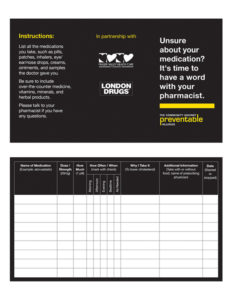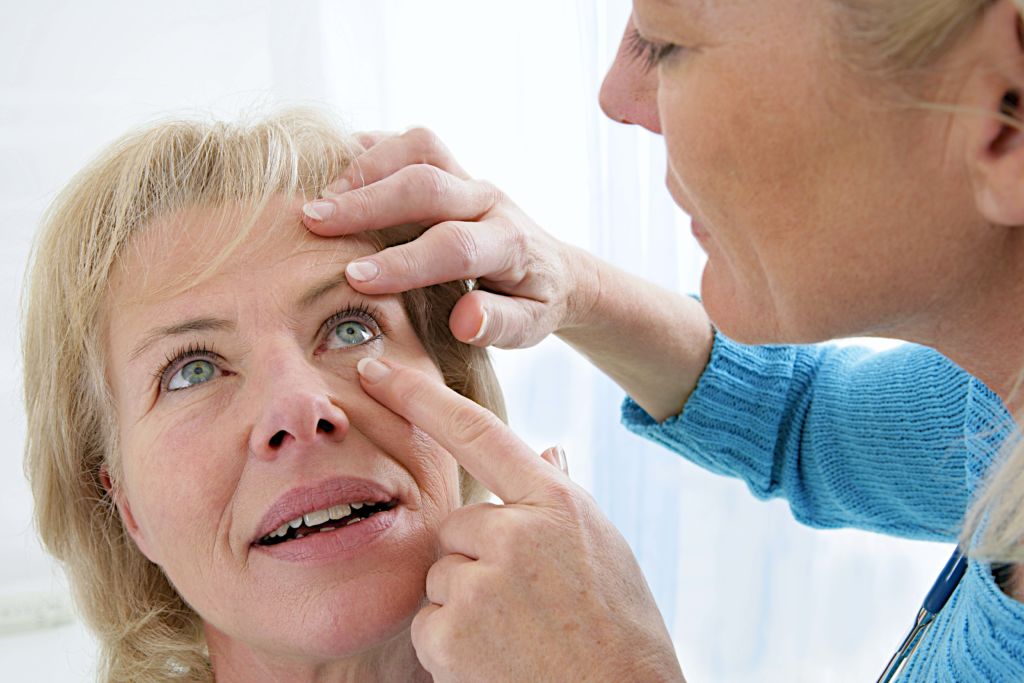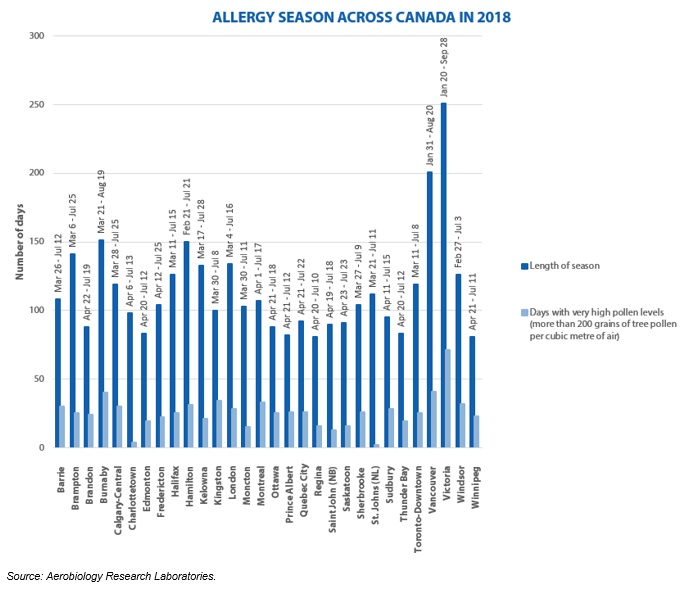For every vaccine administered at any London Drugs location in BC this week, a second lifesaving vaccine will be donated to immunize a child in another country.
To reinforce the importance of getting vaccinated and to help increase immunization rates, London Drugs has partnered with I Boost Immunity (IBI) as part of National Immunization Awareness Week (NIAW), which runs April 20 -27, 2019. For every vaccination administered this week at any London Drugs pharmacies in BC, a second lifesaving vaccine will be donated to UNICEF Canada through I Boost Immunity to immunize a child in another country.
“By getting vaccinated at London Drugs, British Columbians can play an active role in helping to protect tens of thousands of the world’s most vulnerable children from vaccine-preventable diseases,” says Shannon Turner, Executive Director of the Public Health Association of BC.
About 100 years ago, infectious diseases were the leading cause of death worldwide. Today, in Canada, those diseases now cause less than 5 per cent of all deaths, thanks largely to immunization programs in all provinces and territories.
With that said, vaccine-preventable diseases such as measles have been making a resurgence in recent months and London Drugs pharmacists are hoping to reinforce the importance and success of immunizations during National Immunization Awareness Week, which also coincides with Vaccination Week in the Americas and World Immunization Week.
Most parents of young children know that the best way to protect their kids is to have them vaccinated on schedule but it is important for adults to review their vaccination history to see if any immunizations are required.
“Even if you received vaccines as a child, the protection provided by some vaccines can wear off over time and may need to be updated. As you age, you may also be at more risk for other diseases due to your health conditions and travel habits, so additional vaccines may be required,” Gianni Del Negro, a Pharmacist at London Drugs.
Vaccines for pneumonia, shingles, diphtheria, tetanus, pertussis, measles, mumps, and rubella are all available at London Drugs. Common travel vaccinations are also available at some pharmacies to prevent illnesses like hepatitis A and B, yellow fever, typhoid, and traveler’s diarrhea.
Patients can simply call the London Drugs pharmacy nearest them to book an appointment to have a vaccination administered. Appointments for Travel Immunization Clinics can also be booked online.
“Simply by getting vaccinated, you can make a global impact, providing life-saving vaccinations to children worldwide. At the same time, you are taking care of your own health needs and potentially saving the lives of people in your community as well,” adds Shannon Turner.













 Dr. Zameel Dewji
Dr. Zameel Dewji Bahareh Ezzati
Bahareh Ezzati Roxanne Brooks
Roxanne Brooks